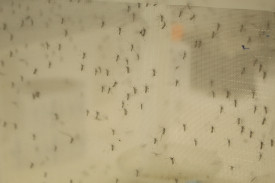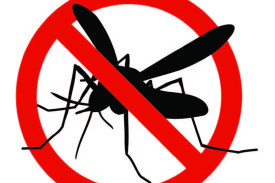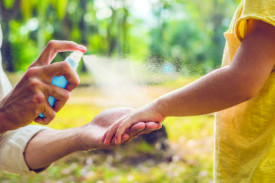General News
8 April, 2022
Be Mozzie Aware This Easter
THE Cairns region is seeing an increase in mosquitoes due to recent rains and high tide events, creating pools of water that are the perfect environment to breed and lay their eggs.
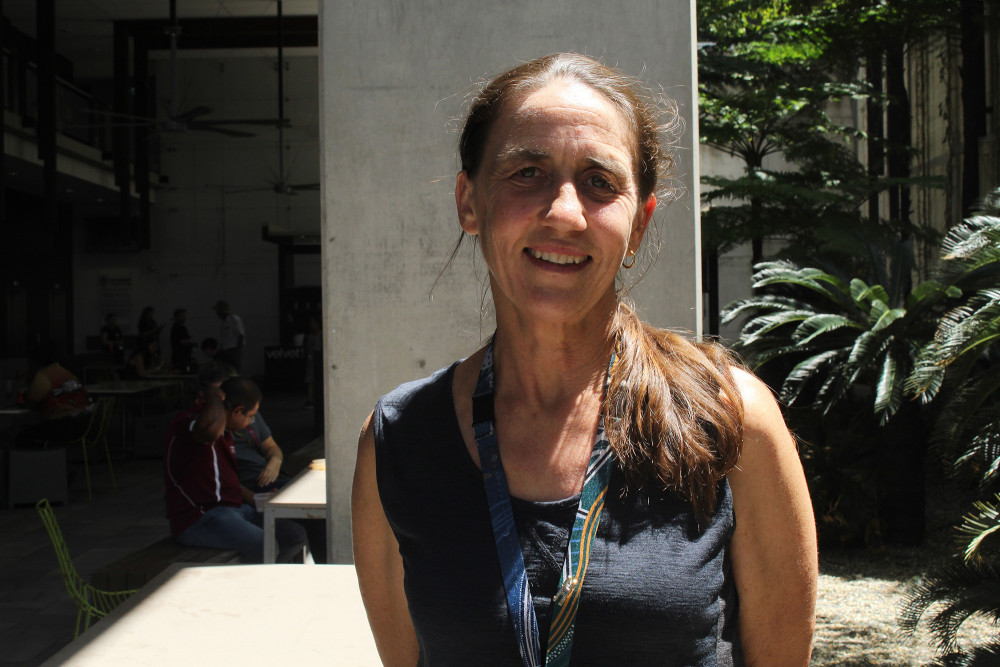
Public health officers are warning residents to be mozzie aware these Easter holidays to avoid mosquito bites that could result in diseases like Ross River fever and Barmah Forest virus.
Public Health physician Dr Annie Preston-Thomas said it was vital for Cairns residents to take measures to prevent bites.
“Many of these mosquitoes are nuisance mosquitoes. They are just annoying, but there are also mosquitoes that can cause diseases, so we want to encourage everyone to take measures to protect themselves from mosquito bites,” Dr Preston-Thomas said.
“Both here in Cairns and if they’re heading out camping over the Easter weekend since there are mosquitoes in the bush that can transmit infections like Ross River fever and Barmah Forest virus.”
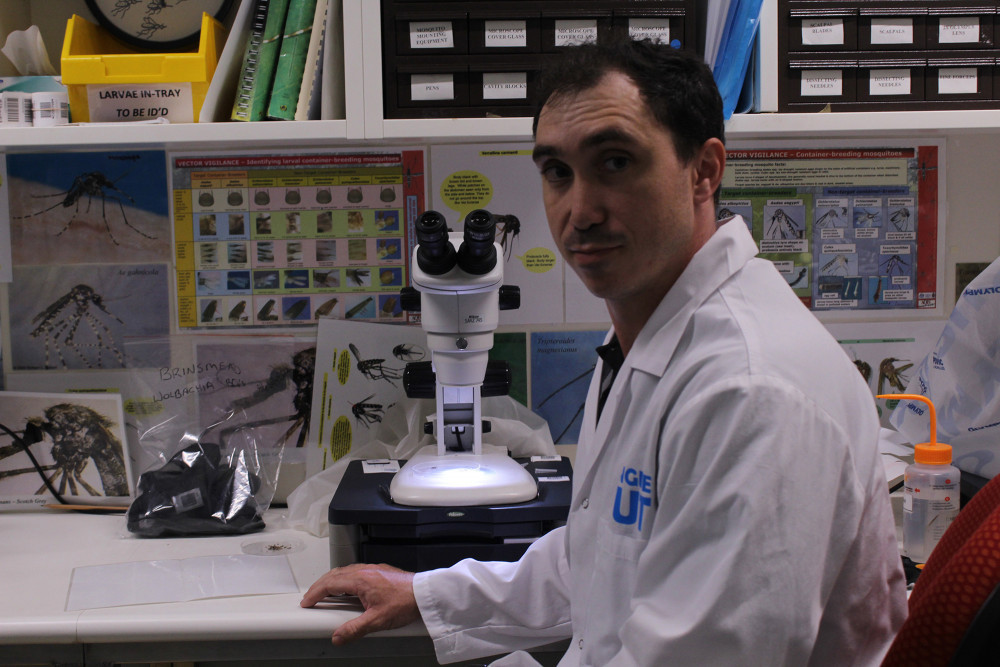
Although the Cairns and Hinterland region has been dengue fever free since 2018 thanks to the World Mosquito Program, Barmah Forest virus and Ross River fever are still of concern.
Both diseases are transmitted by the ‘Aedes vigilax’ species of mosquito, which is common in Cairns and the ‘Culex’ mosquitoes found in the bush.
Even when these diseases are not deadly, they are very taxing and can cause the patient to have symptoms for months.
Dr Preston said there were simple steps to follow to protect yourself both at home and in the bush.
“If you’re in the bush, you should wear longsleeved bright colour clothing, making sure you wear insect repellent, particularly ones that contain DEET or picaridin and using mosquito nets and mosquito coils,” she said.
“And to reduce the risk of mosquitoes at home, if you have old tires, pots or containers that carry water, make sure you empty those out, check that your gutters are cleared out and not blocked, and if necessary, you can use insecticides inside the house.”
Director of Medical Entomology at the Tropical Public Health Services Cairns, Gerhard Ehlers, said the study of mosquitoes and the prevention of bites was critical to public health.
“At the Tropical Public Health Services mosquito lab, we take mosquitoes from different surveillance traps in the field that target different species, they get identified here, and we do the analysis of the wild ‘Aedes aegypti’ populations, and we see what the percentage of these are in different suburbs,” Mr Ehlers said.
“We test for insecticide resistance on live mosquitoes; we test new chemicals, how effective they are on various surfaces like wood, concrete, etc.
“We make all species identification, and we do DNA extractions.
“This is crucial work to measure the risk of dengue in different suburbs and areas and identify the species of mosquitoes because different mosquitoes carry different diseases.”
Public health workers want to encourage Cairns residents to be mosquito-aware and focus on prevention rather than dealing with the consequences of a bite from an infected mosquito.
“If you start presenting symptoms, you need to go to your GP and get assessed, and you can manage the symptoms at home,” Dr Preston-Thomas said.
“Although these diseases are not deadly, they can be very debilitating. Symptoms are fever, chills, joint pain, muscle aches, rash, so the most important thing is not to get bitten.”

